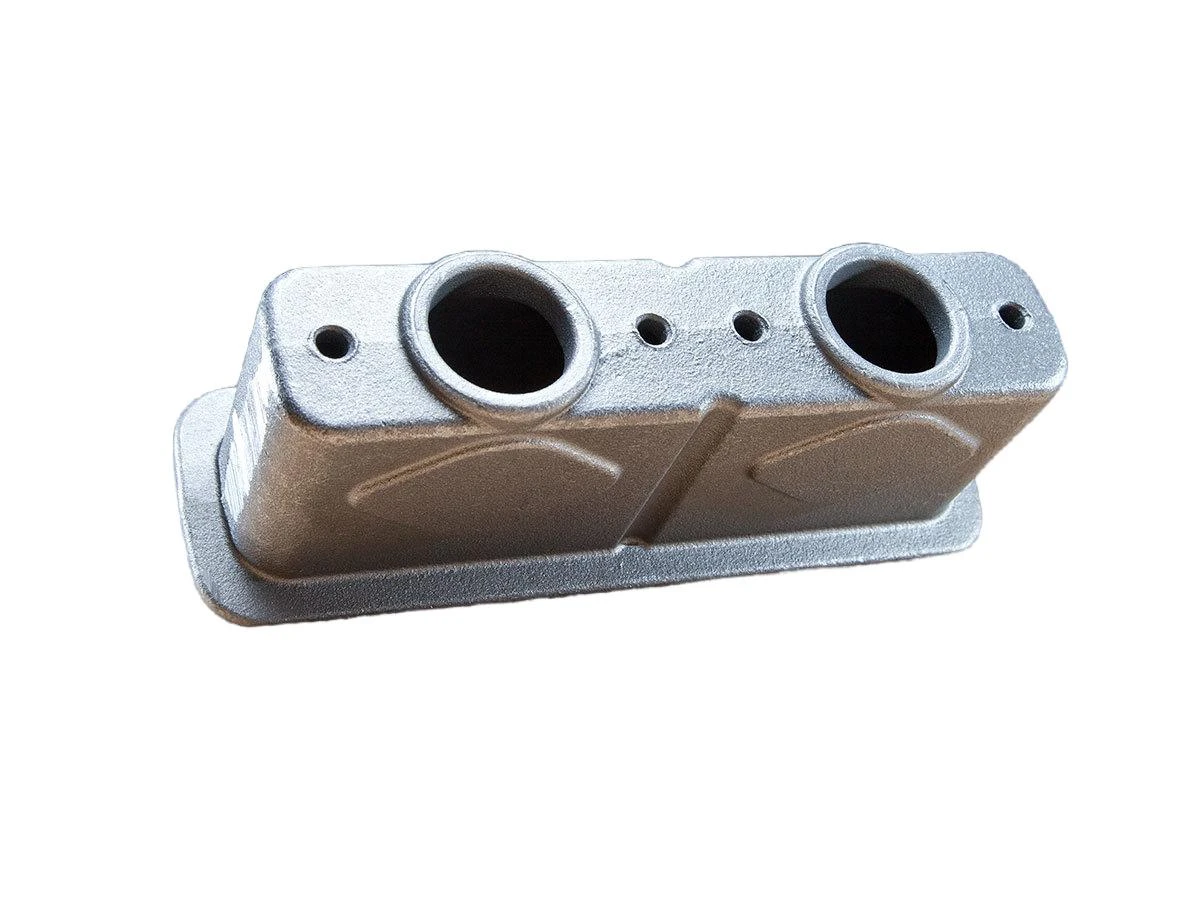aluminium alloys for pressure die casting
Aluminium Alloys for Pressure Die Casting
Aluminium has become one of the most popular materials in the industry due to its excellent mechanical properties, good corrosion resistance, and lightweight nature. Among the various manufacturing processes available, pressure die casting stands out as a preferred method for producing complex shapes with high precision. The success of this process heavily relies on the selection of appropriate aluminium alloys that can withstand the rigors of casting while delivering optimal performance in the final application.
What is Pressure Die Casting?
Pressure die casting is a manufacturing process that involves forcing molten metal into a mold under high pressure. This method allows for the production of intricate shapes with tight tolerances and a smooth surface finish. The process can accommodate high production rates and is particularly effective for small to medium-sized components.
Why Choose Aluminium Alloys?
The choice of aluminium alloys for pressure die casting is primarily due to their favorable attributes. Aluminium is lightweight, reducing overall product weight and enhancing energy efficiency in end applications, particularly in the automotive and aerospace sectors. Additionally, aluminium alloys have excellent thermal and electrical conductivity, making them suitable for heat exchangers and electrical components.
Another important factor is their excellent casting characteristics. Aluminium alloys typically exhibit low shrinkage, which minimizes defects and resulting scrap. This attribute, combined with their ability to flow easily into complex molds, makes them ideal for intricate designs.
Popular Aluminium Alloys for Pressure Die Casting
aluminium alloys for pressure die casting

Several aluminium alloys are commonly used in pressure die casting, each offering unique properties suitable for different applications. Two primary categories of alloys are often utilized alloy series 3xx.0 (Al-Si) and 4xx.0 (Al-Si-Mg).
1. Al-Si Alloys (3xx.x series) The 3xx.x series alloys are the most widely used in die casting. They contain a significant amount of silicon (approximately 5% to 12%), which enhances fluidity and reduces shrinkage. This series provides excellent corrosion resistance and good mechanical properties. Notably, 319 alloy is prevalent in automotive applications due to its strength and heat resistance.
2. Al-Si-Mg Alloys (4xx.x series) The 4xx.x series alloys are characterized by higher magnesium content, which contributes to improved strength and hardness. The most common alloy in this group is the 413 series, known for its excellent wear resistance and performance at elevated temperatures. These alloys are often used in applications requiring high structural integrity under stress, such as engine components.
Considerations for Selection
When selecting an aluminium alloy for pressure die casting, there are several factors to consider. These may include
- Mechanical Properties The strength, ductility, and fatigue resistance of the alloy must meet the specific demands of the application. - Castability The ability of the alloy to flow into the mold without defects is critical for achieving the desired surface finish and dimensional accuracy. - Corrosion Resistance Depending on the environment in which the final product will operate, corrosion resistance may be a key concern, especially in automotive and marine applications. - Cost-Effectiveness Balancing alloy performance with production costs is essential to ensure the economic viability of the casting process.
Conclusion
Aluminium alloys play a crucial role in the pressure die casting process, enabling the production of high-quality components with outstanding performance characteristics. The choice of the right alloy is essential for achieving the desired mechanical properties, ensuring castability, and maintaining cost-effectiveness. As industries continue to innovate, adapting and improving the use of aluminium alloys in die casting will remain a focal point, driving advancements in engineering and manufacturing. With the ongoing development of new alloys and techniques, the future of aluminium pressure die casting looks promising, poised to meet the evolving demands of modern applications.
-
Precision Casting Prototypes and Engineering Inc – Innovating Global Manufacturing SolutionsNewsNov.24,2025
-
Precision Casting Facility: Advanced Manufacturing for Global Industries | Hairun SourcingNewsNov.23,2025
-
Leading Precision Casting Corporation: Quality Metal Components for Global IndustryNewsNov.23,2025
-
Precision Cast Rods: Definition, Applications & Future Trends in ManufacturingNewsNov.22,2025
-
Precision Cast Iron Surface Plate: The Backbone of Industrial Accuracy and QualityNewsNov.21,2025
-
Precision Aluminum Investment Casting: High-Accuracy Manufacturing for Modern IndustriesNewsNov.20,2025















